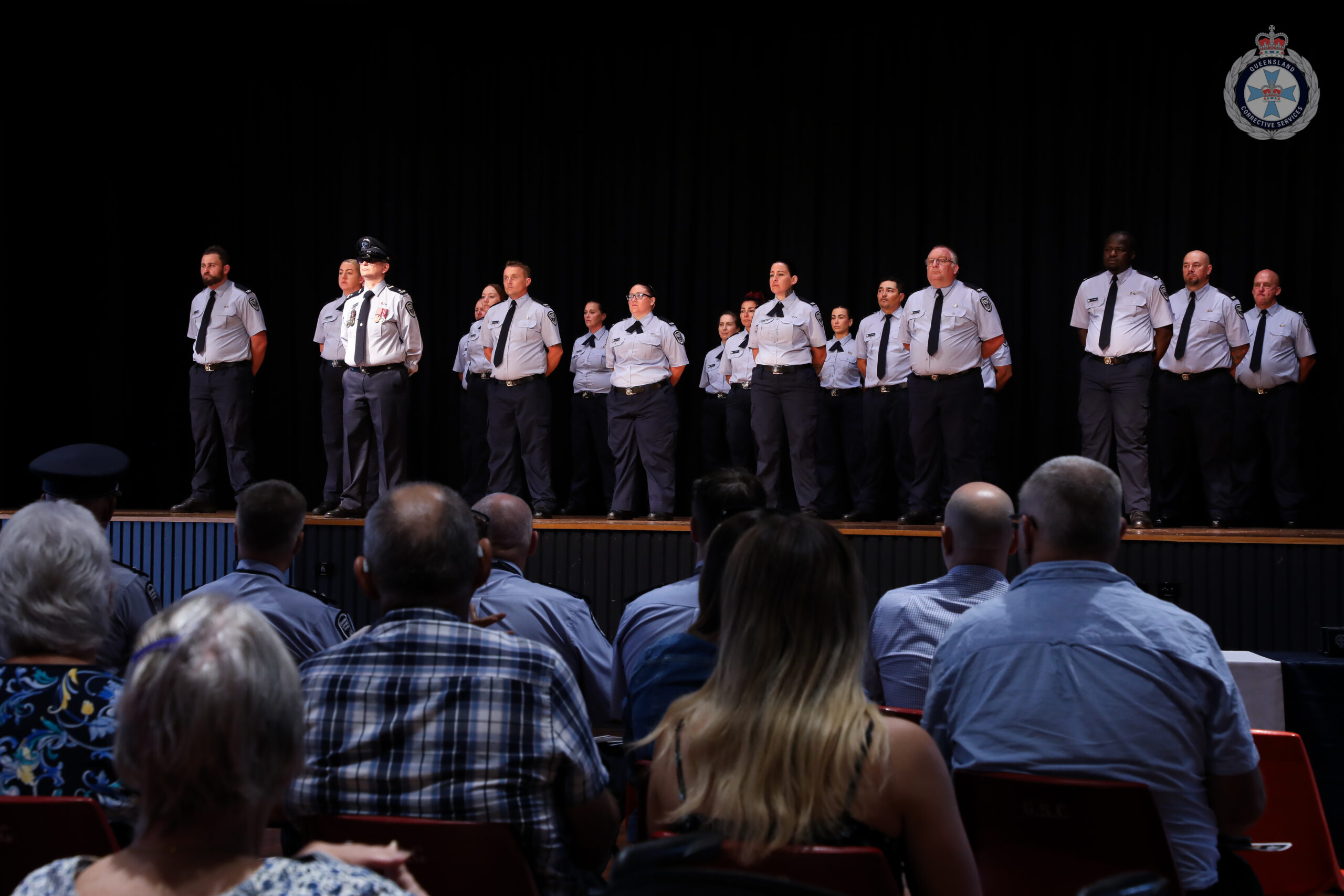A unique course is helping hundreds of international students at UNSW improve their English communication skills in their own way.
Associate Professor in Translation and Interpreting Studies in the Faculty of Arts & Social Sciences, Mira Kim, is the brains behind the Personalised English Language Enhancement (PELE) course.
“International students are very valuable members of our learning community and I don’t think their English is poor,” Associate Professor Kim said. “But we do need to provide a safe and supportive environment so they can feel motivated to practise what they already know and can do.”
She says there is a huge gap between students’ expectations and the reality when Australian universities admit students from non-English-speaking backgrounds.
To address this, the one-term PELE course sees students improve their skills in one communication area of their choice, such as speaking, writing, listening, reading or vocabulary.
“For example, they can work on structure or problems with verb tenses,” Associate Professor Kim said.
PELE students continue to learn by meeting outside of class to practise their English in regular social clubs involving board games, singing and books. Conversation club students practise common expressions used in daily life, such as how to describe symptoms to a doctor or how to play a sport.
The course is constantly evolving, with Associate Professor Kim using information provided in student surveys throughout the course to refine the program.
Hundreds of international students – mainly from China but also from Ghana, Saudi Arabia, Portugal, Thailand, France, Korea, Japan, Indonesia and Sweden – have completed the one-term course in the last three years.
Associate Professor Kim says the students’ transformation at the end of the course is moving and inspiring.
“We have a learning festival at the end of each term and you can’t help but cry and laugh with them when you hear how hard their experience as international students has been, and the progress they’ve made,” Associate Professor Kim says.







